Many innovations in professional training
Facing challenges and questions about how to help more journalist members access new knowledge about modern journalism, proactively research and apply digital technology , the Quang Ninh Provincial Journalists Association has actively and proactively implemented a series of innovative and creative solutions in synchronous professional training to improve operational capacity to meet new requirements and digital transformation trends.
Over the years, in the work of professional training, the Quang Ninh Provincial Journalists Association has regularly developed plans based on a list of courses based on the opinions of the branches and members. From there, it is agreed to decide to organize professional training courses that journalist members really need.
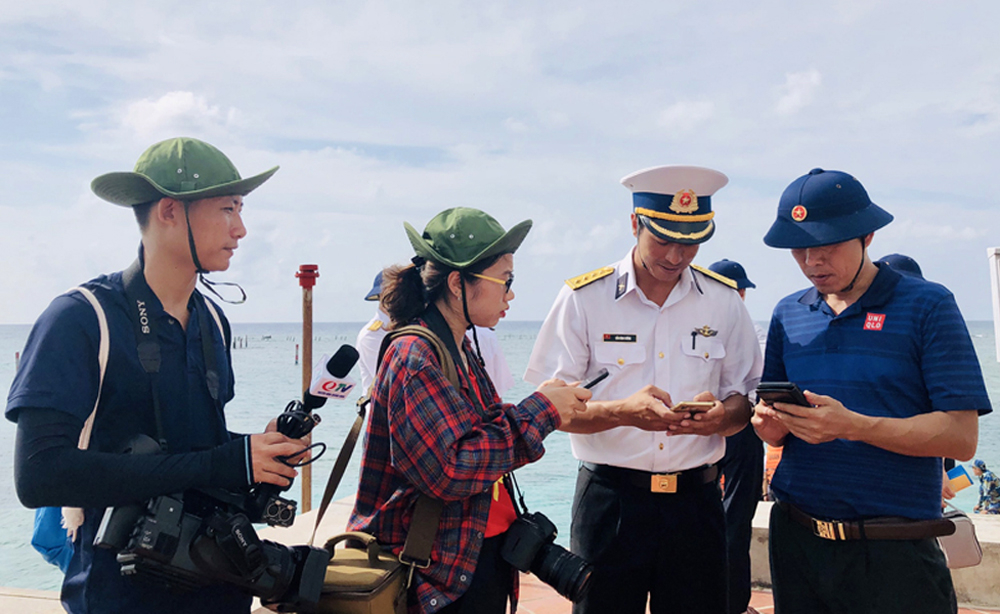
Reporter of Quang Ninh Media Center on a reporting trip.
From that urgent need, the Provincial Journalists Association coordinated with the Center for Journalism Training - Vietnam Journalists Association to organize classes in the province or at the Center for Journalism Training. In addition, the Provincial Journalists Association also proactively coordinated with the Provincial Party Committee's Propaganda Department and the Department of Information and Communications to invite lecturers to organize short-term professional training classes for members. The topics in recent years have mainly focused on creating multimedia and multi-platform journalism works, making a long-form work, e-magazine or megastory. How to work with mobile phones, how to make short videos...
Journalist Do Ngoc Ha, Permanent Vice President of the Quang Ninh Provincial Journalists Association, said that in addition to training in modern journalism, the Association also coordinates with the Provincial Party Committee's Propaganda Department to organize training courses on skills to create press works on Party building every year. These classes are associated with seminars on creating quality press works on Party building. The goal is to have quality press works participating in the Provincial and National Press Awards on Party building.
At these training courses, the Party building committees of the Provincial Party Committee also provided a number of topics that needed to be propagated, contents related to aspects of Party building work, and suggested topics for journalist members to choose from.
“Also at that training and discussion session, we assigned members to find and develop a number of topics and outlines for presentation. Leaders of Party building committees, lecturers, leaders of press agencies and colleagues will directly participate in giving comments on that topic to consider whether it is achieved and can be implemented, and in what direction it should be implemented,” journalist Do Ngoc Ha shared.
Bring positive values
In professional training activities, for topics that journalists and reporters themselves love, they will continue to learn more to be able to apply to their journalistic works. Only then will the training courses be effective and long-lasting. In addition, from the lecturer's materials, students will show each other, those who can do it will show those who cannot. Because in reality, if through only 1 to 2 training sessions, students can master the instructions according to the lecture, it is very difficult.

Quang Ninh Journalists Association organized an online training course on "Graphic skills for journalistic works".
In fact, currently, some courses of the Provincial Journalists Association, in addition to theory, also involve practical training. Recently, the Provincial Journalists Association has implemented this form with training content such as: Photography, application of smartphones in work; creation of high-quality journalistic works, etc.
The Provincial Journalists Association determined that the end of the classroom course is not the end of everything, but basically reporters grasp and apply it in practice. Field trips not only create a "channel" for reporters to get more information about topics from the base, but also create more relationships between reporters and the base. And the most important thing is the openness, creating inspiration for learning and research for everyone so that everyone continues to learn, explore, and learn for themselves.
In order for the work of fostering journalism skills to continue to be effective, journalist Do Ngoc Ha said that because journalist members work in many different types of journalism, including print, electronic, television, radio, production and distribution on diverse social networking platforms, the Provincial Journalists Association will coordinate with Journalists Associations in the emulation cluster to take advantage of and promote the strengths of the units.
Depending on the topic, the Provincial Journalists Association will send members to the Journalists Association of another province to organize in-depth training on a certain content. Because in reality, there are contents that only a few people in the Provincial Journalists Association are interested in this activity. If the Provincial Journalists Association organizes a whole class on a specialized topic, there will be a situation where few students will participate, which will be a waste of human resources and time.
The nature of each journalist's job is quite busy, having to follow the agency's news production plan. If forced into long classes, there will be a situation where one has to study and work at the same time or work right in the classroom.
To create excitement for members to study anytime, anywhere, the Journalists Association has established zalo groups and fanpages, in which documents, images, and videos of journalism courses will be shared. Through conferences, seminars, and discussions, the Provincial Journalists Association collects and selects documents to send to that group for students who are interested and have time to study. Each student who is passionate about a field will research on their own. Recently, many documents on the use of AI, Chat GPT, new technology in journalism and media activities or documents at the International Conference "Management of digital press editorial offices, theory, practice, and experience in the ASEAN region" have also been sent to the group for students to study.
Journalist Do Ngoc Ha said, "In addition to the collected documents, we send event links to notify people to watch online seminars and online classes on social networking platforms. If people are working and cannot attend the seminars, they can review them at any time, review them in a more focused way. I think this is also effective, does not force them to sit at the desk and is suitable for reporters' working hours" .
Source



![[Photo] Prime Minister Pham Minh Chinh chairs the meeting of the Government Party Committee Standing Committee](https://vstatic.vietnam.vn/vietnam/resource/IMAGE/2025/8/23/8e94aa3d26424d1ab1528c3e4bbacc45)


![[Photo] General Secretary To Lam attends the 80th Anniversary of the Cultural Sector's Traditional Day](https://vstatic.vietnam.vn/vietnam/resource/IMAGE/2025/8/23/7a88e6b58502490aa153adf8f0eec2b2)


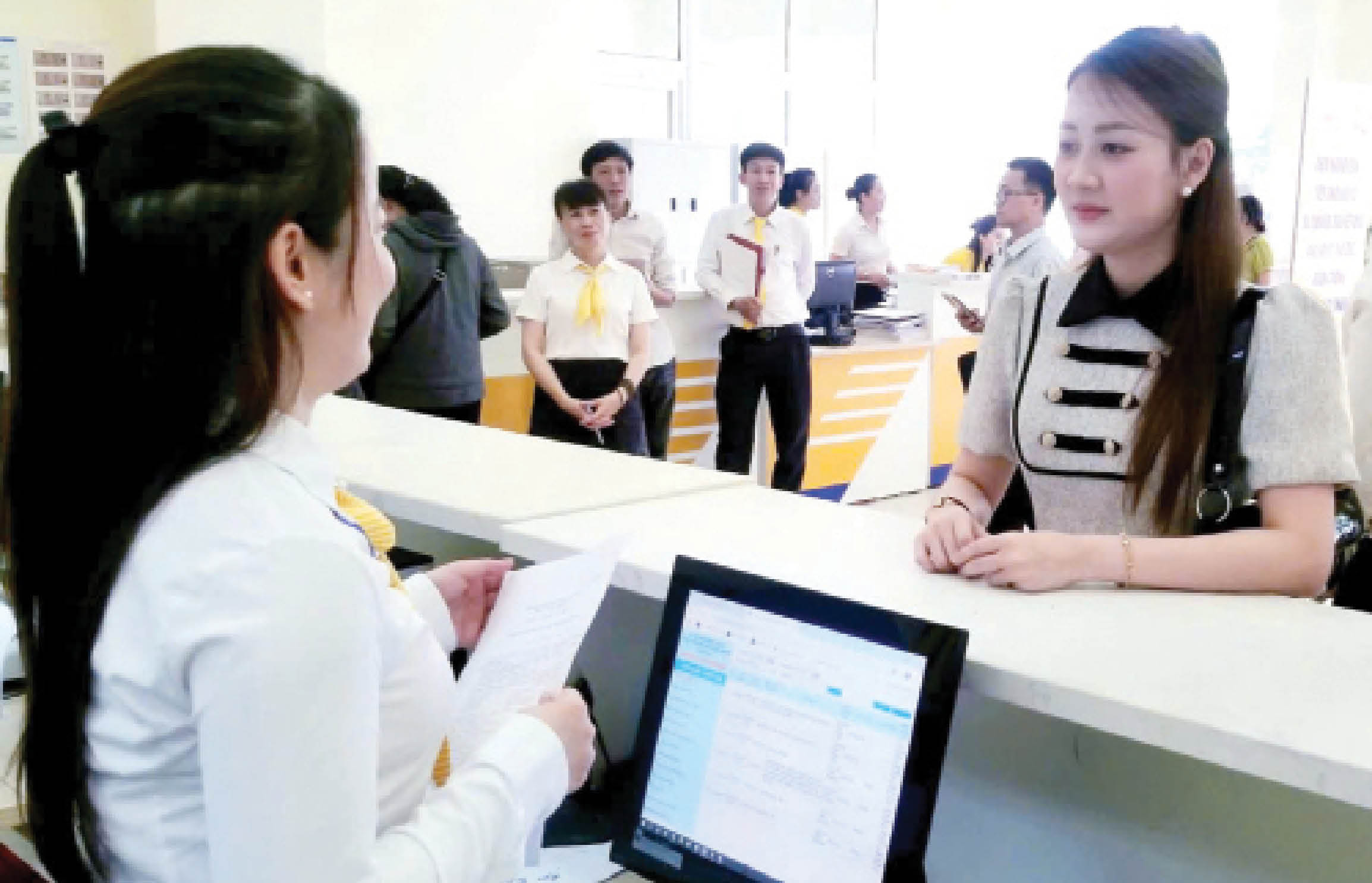

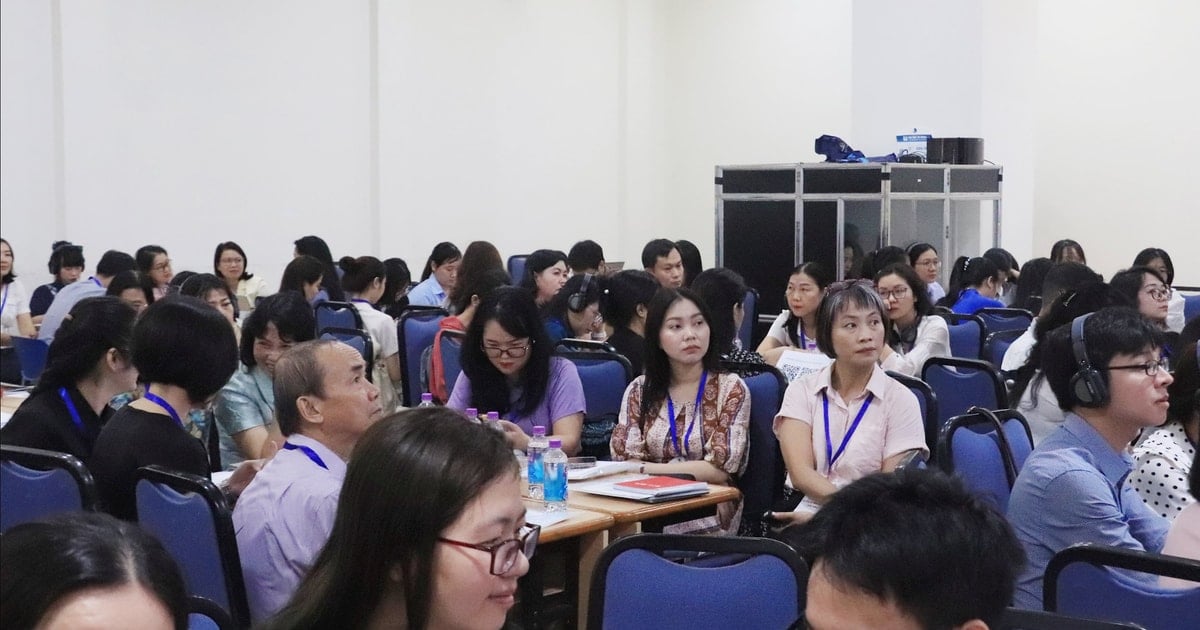

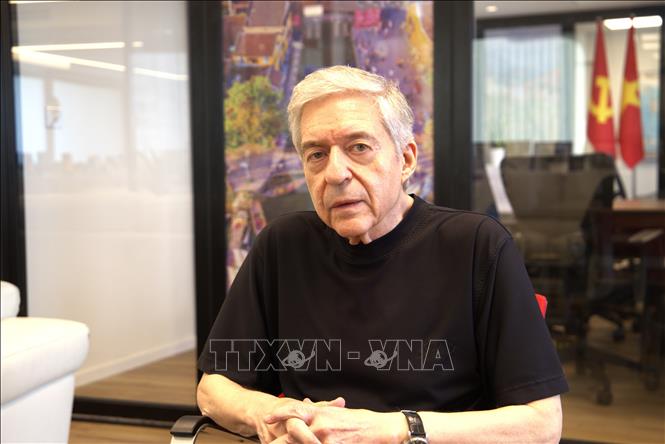
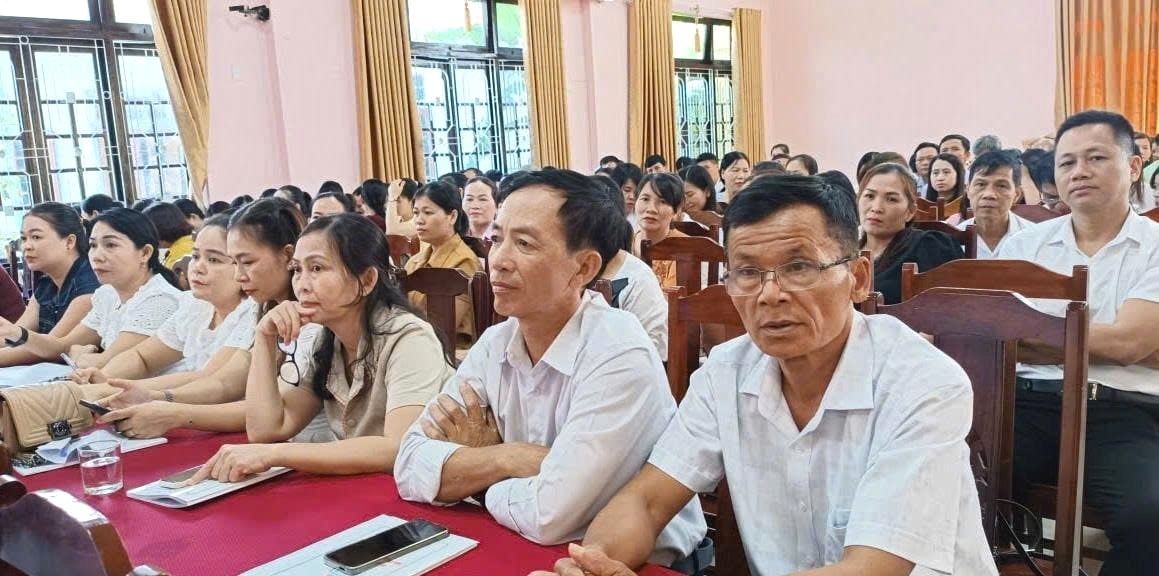


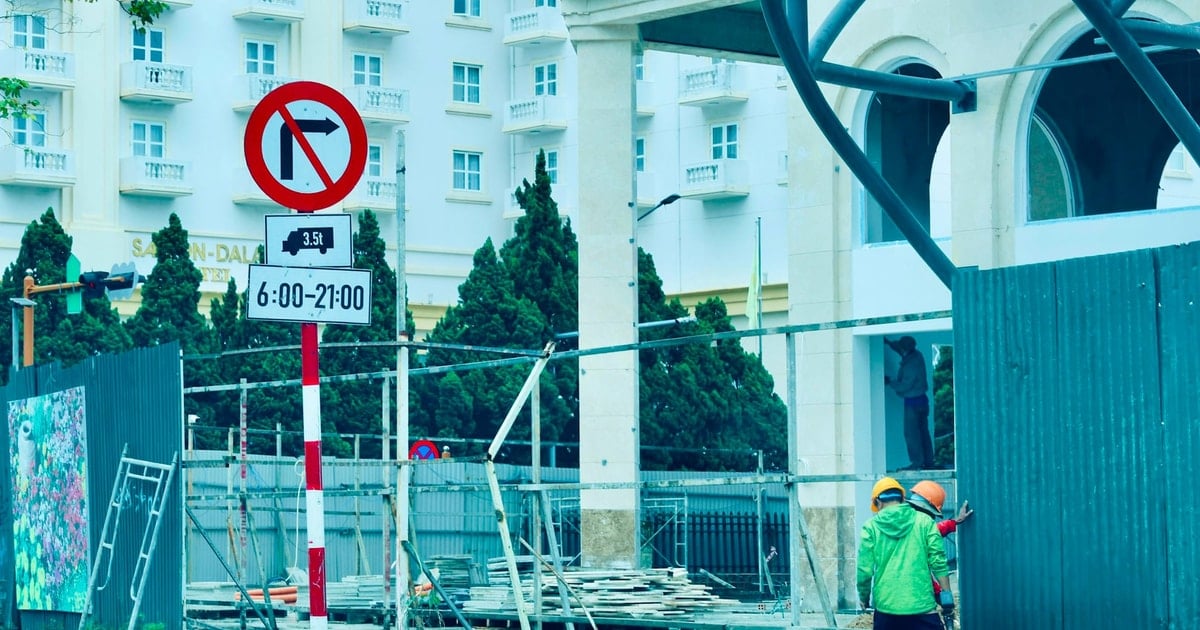

















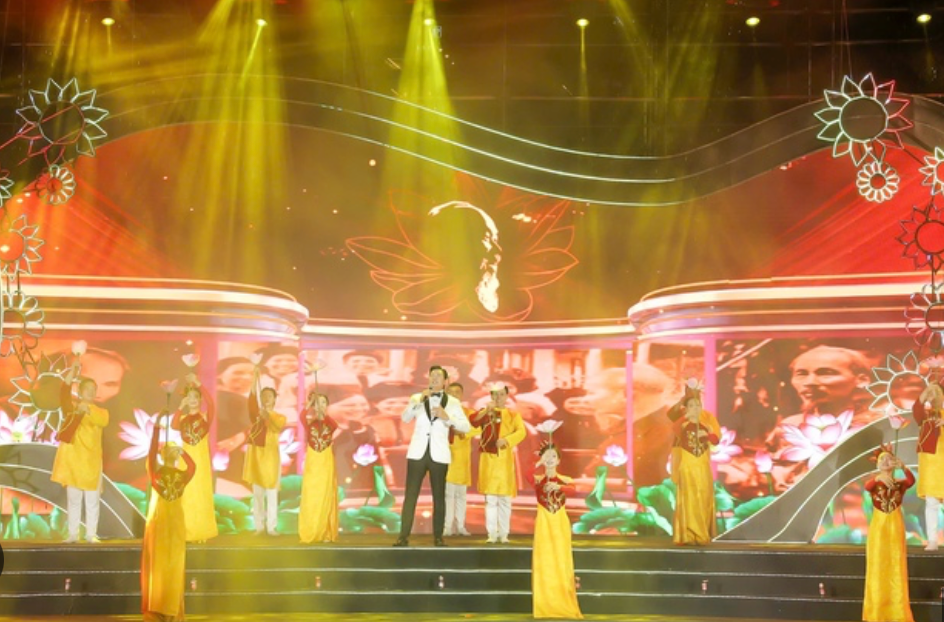













































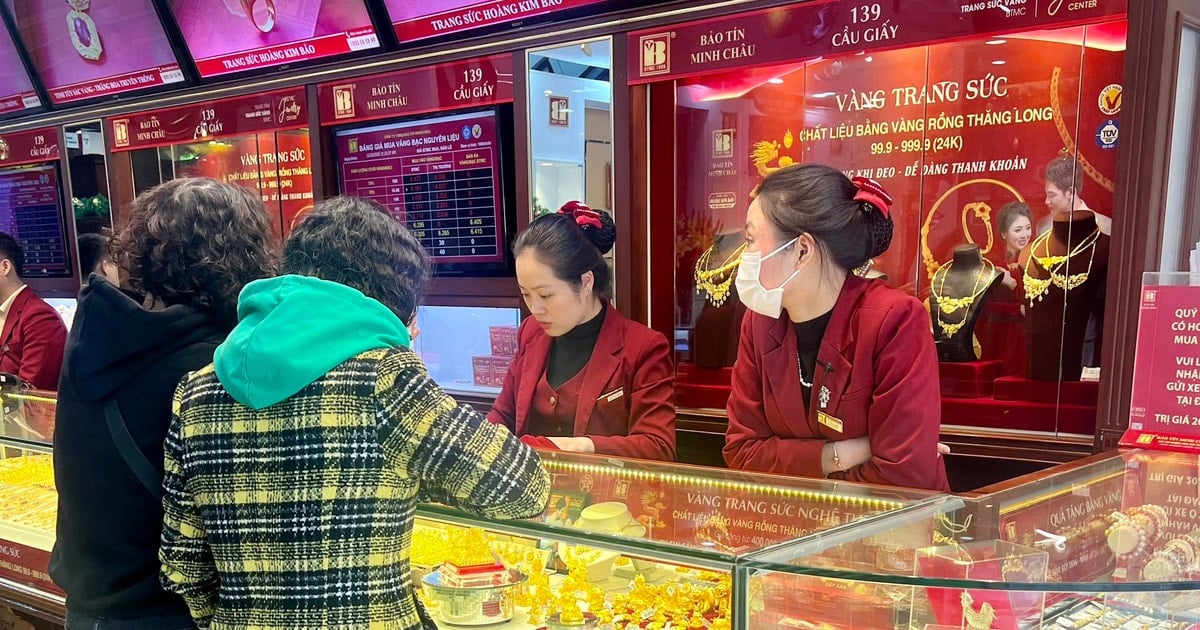


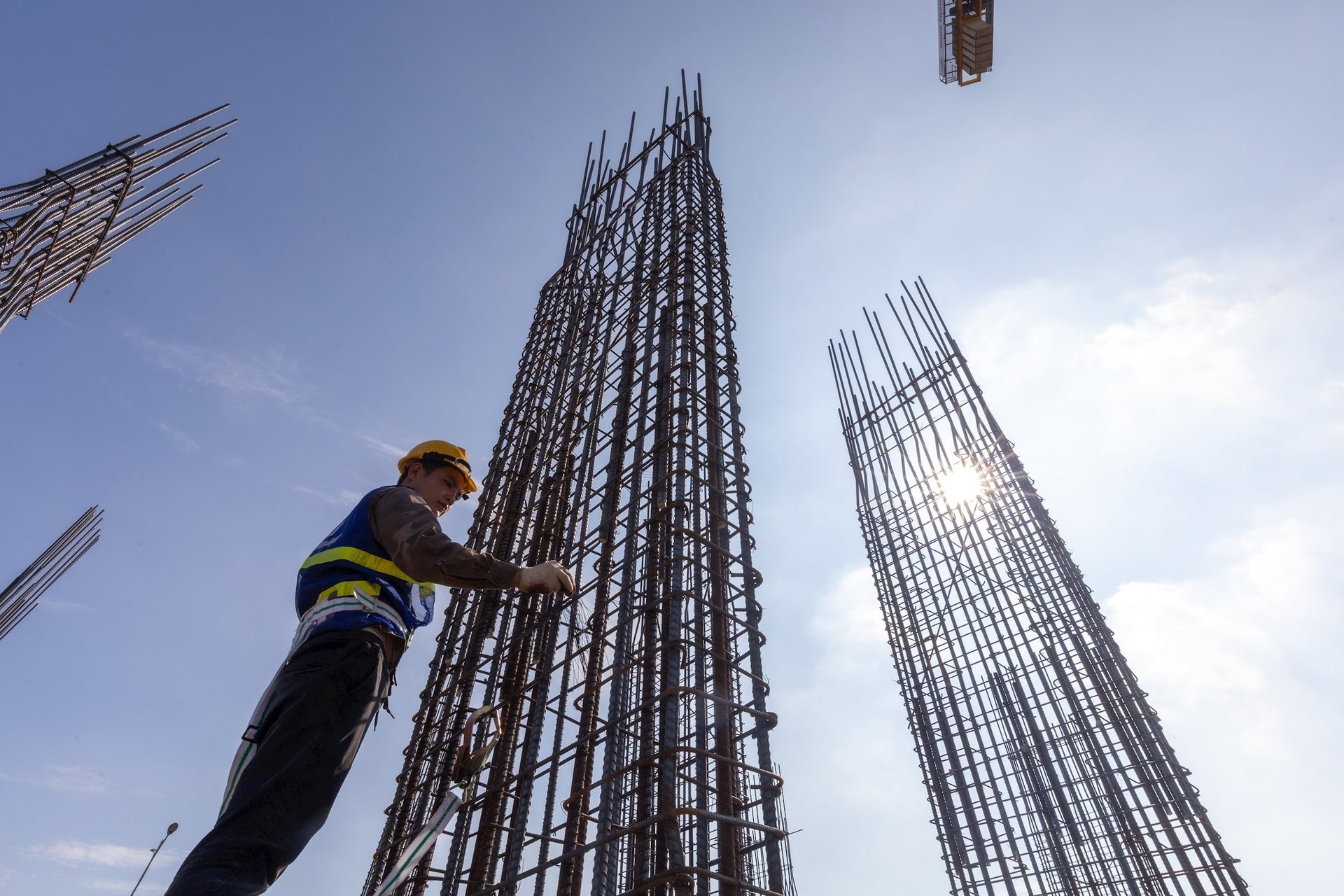

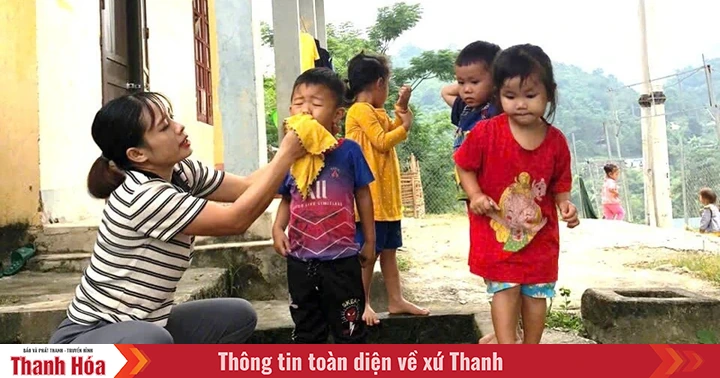

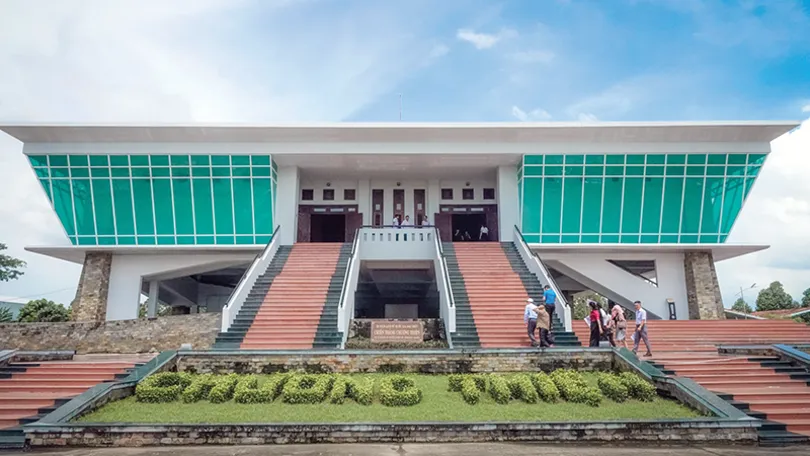

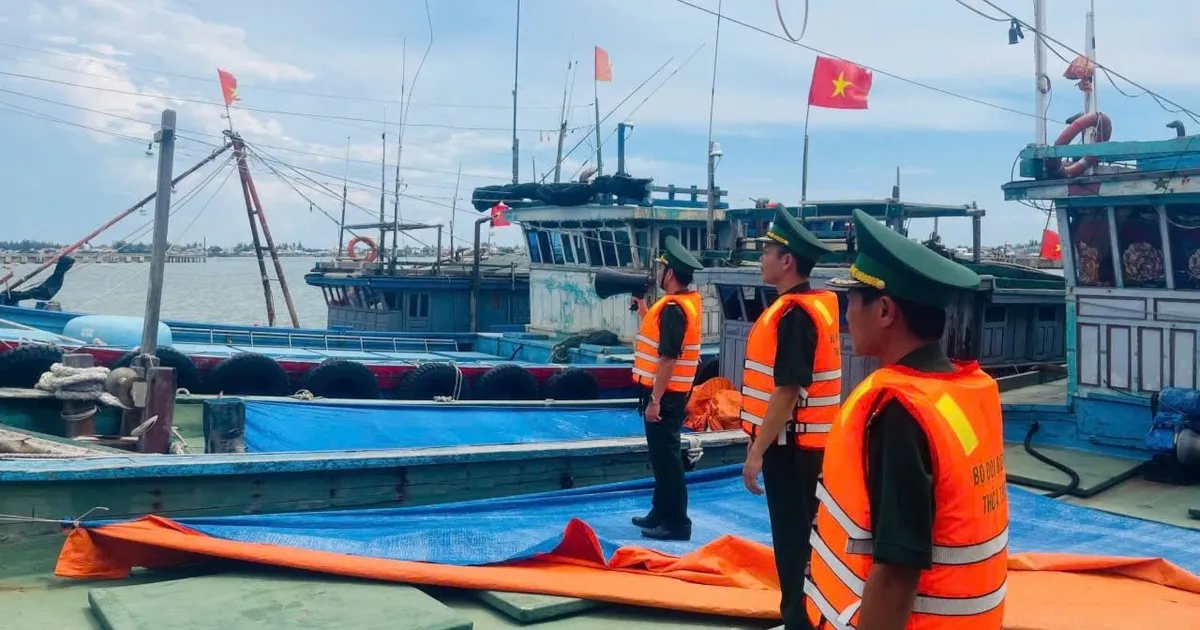
















Comment (0)